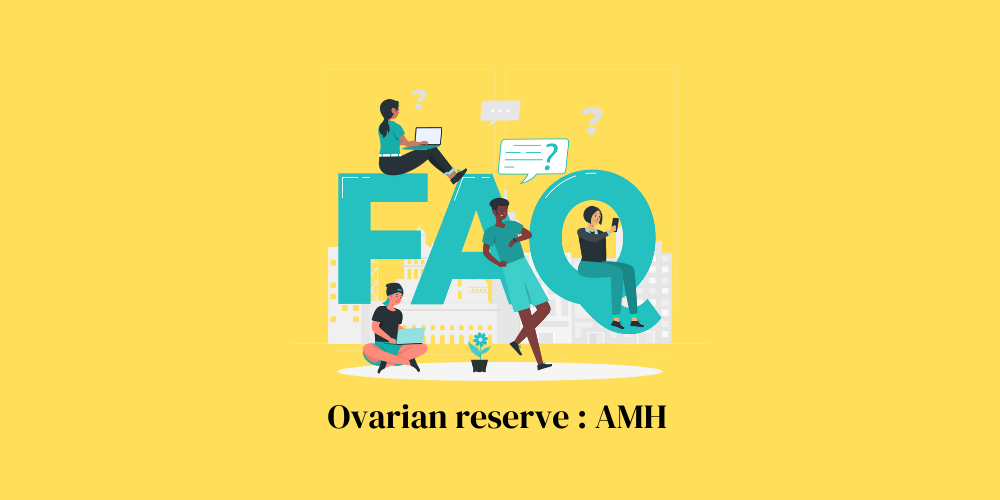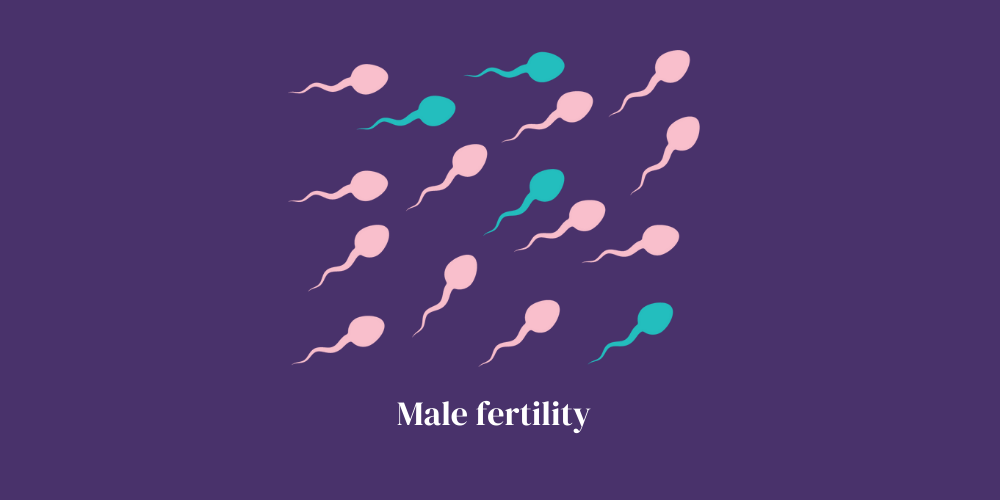What are the fertility treatment options?

Fertility treatment options can be divided into three broad categories, which may require the use of one or more options: Medicines Assisted Conception (Procedures such as IVF) Surgical Procedures Medicines Certain conditions, particularly polycystic ovarian syndrome (PCOS), require medications to treat hormone imbalances that can cause problems with ovulation. The most common examples are shown […]
What is anti-müllerian hormone (AMH)?

AMH or Anti-Müllerian Hormone, is a natural hormone produced in women’s ovaries, by the follicles (the structures that contain the eggs). AMH test is used to assess a woman’s ovarian reserve (“OR”), how many viable eggs a woman has left in her ovaries. AMH test can be done at any time during the menstrual cycle. The reference […]
What is a normal follicle-stimulating hormone (FSH) level for IVF?

Follicle-stimulating hormone (FSH) is an important hormone made in your pituitary gland. The FSH test checks if your pituitary gland produces too much or too little FSH, or if you have any potential issues with your ovaries or testicles. For women, FSH levels naturally fluctuate throughout the menstrual cycle, so the test is normally undertaken […]
How can I prepare for semen analysis?

You will need to refrain from any sexual activity for at least three days, but not more than five to seven days before your sample is collected. This means no sexual intercourse or no ejaculation of any kind, including masturbation. Longer or shorter periods of abstinence may result in a lower sperm count or decreased […]
Male fertility – be like Robbie Williams!

I’ve always liked sharing the same birthday as Robbie Williams – although my wife Jen often says that’s where the similarities end. However, a few years ago I discovered that Robbie and I had something else in common; we both suffered from low testosterone levels. My discovery came about as Jen and I had struggled […]
What is the ideal BMI for IVF?

The National Institute for Health and Care Excellence (NICE) guidelines recommend that a woman’s body mass index (BMI) should be in the range of 19 – 30 to be eligible for NHS treatment (read more). However, studies show that women who are overweight (BMI between 25-30) have a reduced success rate with IVF. The lower […]
Can you increase your AMH levels?

AMH levels reflect a woman’s ovarian reserve (egg supply), which decreases with age. This means a low AMH level is reflective of low ovarian reserve. Some studies suggest that vitamin D and dehydroepiandrosterone (DHEA) supplementation may increase AMH levels. However, there is not enough evidence to show that these are effective at increasing chances of […]
